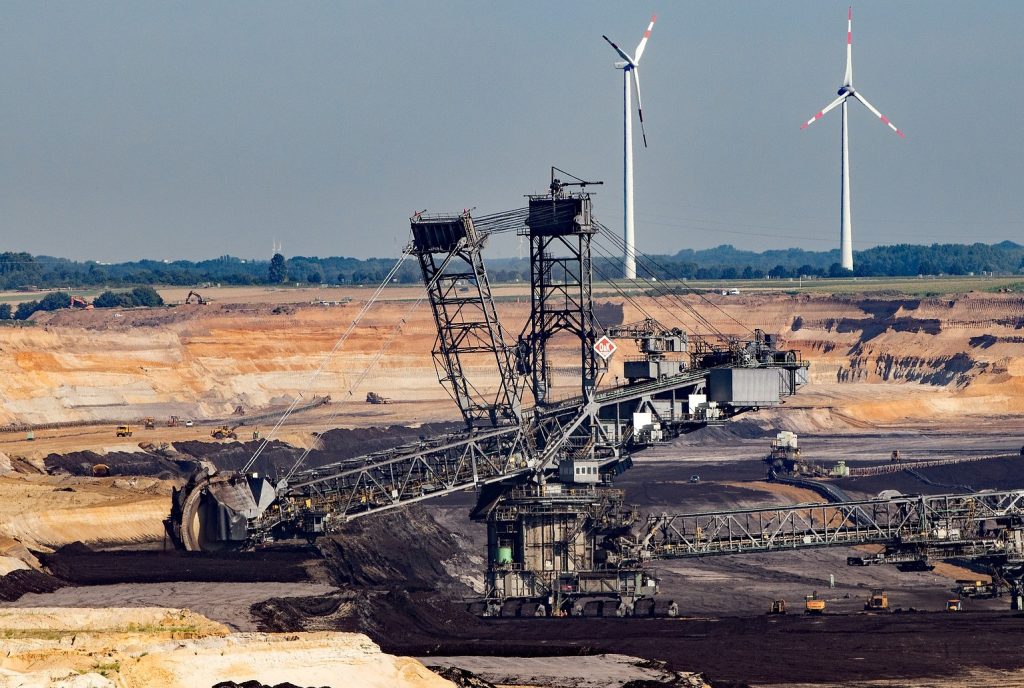Summary: Tanzania has a unique position in the global climate change landscape. The country is among the lowest greenhouse gas emitters, ranking 10th in Sub-Saharan Africa for the frequency of natural disasters like flood occurrences as they decline worldwide. Decisive policy actions are needed, and Tanzania has attempted to implement progressive climate-related policies. A study conducted by Policy Forum and the Tax Justice Network Africa finds the country struggles to access global funds. The report emphasises Domestic Resource Mobilization (DRM) and proposes strategic actions, from ceasing harmful tax incentives to encouraging corporate climate initiatives.
Despite Tanzania being one of the countries with the lowest carbon emissions, accounting for only 0.03 per cent of global emissions and 0.21 per cent of capita emissions, it remains vulnerable to the impacts of climate change. The country’s susceptibility to climatic changes has increased, evident in recent patterns and catastrophic events.
For instance, heavy rains in late November and early December 2023 led to devastating floods and landslides. The northern Hanang district bore the brunt, with a tragic toll of at least 63 lives lost and numerous injuries. The landslides wreaked havoc, destroying hundreds of homes and vast stretches of farmland. This crisis underscores the urgent necessity for climate change adaptation measures, including initiatives like reforestation.
Tanzania’s susceptibility to natural disasters, including floods, droughts, and epidemics, ranks it among the top 10 Sub-Saharan African countries regarding disaster frequency. Given its reliance on agriculture, natural resources, hydropower for electricity generation, and coastline tourism, this vulnerability poses a significant threat to Tanzania’s development prospects. Climate change exacerbates these risks, making it a pressing concern for the nation’s future.
Climate change is wreaking havoc on Tanzania’s infrastructure, causing widespread damage to schools, religious facilities, roads, bridges, and homes. In a series of devastating events between 2019 and 2022, heavy rains attributed to climate change have left a trail of destruction across the country. According to the Tanzania Meteorological Agency (TMA), 36 schools, 16 religious facilities, 22 roads, including highways, and 23 bridges have been severely impacted.
Moreover, it is essential to highlight that agriculture in Tanzania relies significantly on rainfall. Regrettably, unpredictable rainfall, recurrent floods, droughts, and erratic weather patterns have adversely affected agricultural productivity. This, in turn, has impacted food security, leading to inflation, threats to livelihoods, and hindrances to economic growth. This situation was vividly conveyed by a respondent whose family engages in commercial bean cultivation in Simanjiro. They expressed distress over substantial losses incurred since 2022, primarily attributed to the unpredictability of rainfall.
Climate change has also led to water shortages, impacting home consumption, irrigation, industrial production, and the vibrancy of the informal sector. Additionally, reliance on hydropower sources is affecting electricity generation by the Tanzania Electric Supply Company (TANESCO), leading to recent power rationing. Despite Tanzania’s potential to generate nearly 1,695 megawatts through various means, including hydropower and natural gas, a shortage of 300 to 350 megawatts persists, mainly attributed to droughts up to 2022.
Tanzania has implemented various climate-related policies to address these challenges, including Nationally Determined Contributions (NDC), the National Environmental Master Plan for Strategic Interventions, Five-Year Development Plan III, and the National Climate Change Strategy.
Funding these mitigation strategies, however, remains a critical hurdle, with Tanzania heavily relying on foreign sources for its climate action initiatives. Global financing instruments such as the $100 billion target, the New Green Deal, green bonds, carbon markets, and others are primarily inaccessible to developing countries, exacerbating their debt situations.
So, how can Tanzania fund climate change mitigation? A recent study jointly conducted by Policy Forum, the Tax Justice Network African, and the Tax Justice Networks suggests that a more sustainable approach to financing climate action is through Domestic Resource Mobilization (DRM). Despite increased fiscal revenues and a manageable debt-to-service ratio, Tanzania’s ability to mobilize domestic resources is hindered by Illicit Financial Flows (IFFs), necessitating a strengthened legal framework.
The study proposes a series of essential measures to enhance Domestic Resource Mobilization (DRM) within Tanzania’s extractive sector for climate financing:
Firstly, it recommends discontinuing the provision of detrimental tax incentives to the extractive sector. Additionally, it suggests pursuing more favourable bilateral investment treaties (BITS) to create a conducive environment.
Introducing a carbon pricing mechanism is crucial to generating funds dedicated to climate adaptation and resilience. Moreover, the study advocates offering targeted incentives to companies adopting renewable and efficient technologies.
Implementing green taxes on activities, products, and practices with high carbon intensity is advised to internalize carbon emissions. Allocating a portion of revenues from the extractive sector to support climate adaptation and resilience initiatives is proposed as a practical financial strategy.
Furthermore, the study encourages corporate involvement in climate action within mining host communities by establishing Corporate Social Responsibility Initiatives. Collectively, these recommendations aim to navigate Tanzania towards a sustainable approach in leveraging its extractive sector for climate financing.
As Tanzania grapples with the dual challenge of climate change and economic growth, these recommendations aim to navigate a sustainable path forward.
Read more insightful analysis by Semkae Kilonzo here.


Well written and informative.
Absence of a Common Critical Knowledge Base:
How is Climate: Climate Change: Environment: Environment Research: Sustainability: Sustainability Science etc. ; all buzz words yet very important in the discussion presented UNDERSTOOD BY THE CITIZENS/THOSE IN THE ACADEMIA / AND MOST IMPOTANTLY POLICY MAKERS!
Presently we have a problem on this because you see every day the absence of knowledgeable discussions across all known media, print and social media alike.
Consider the issue of floods in Dar Es Salaam. It’s an annual occurrence, but do the citizens living in the flood areas grasp the genesis of such an event? Are they well informed to the extent they become leaders in advocacy against the problem? No.
We need to start from here.